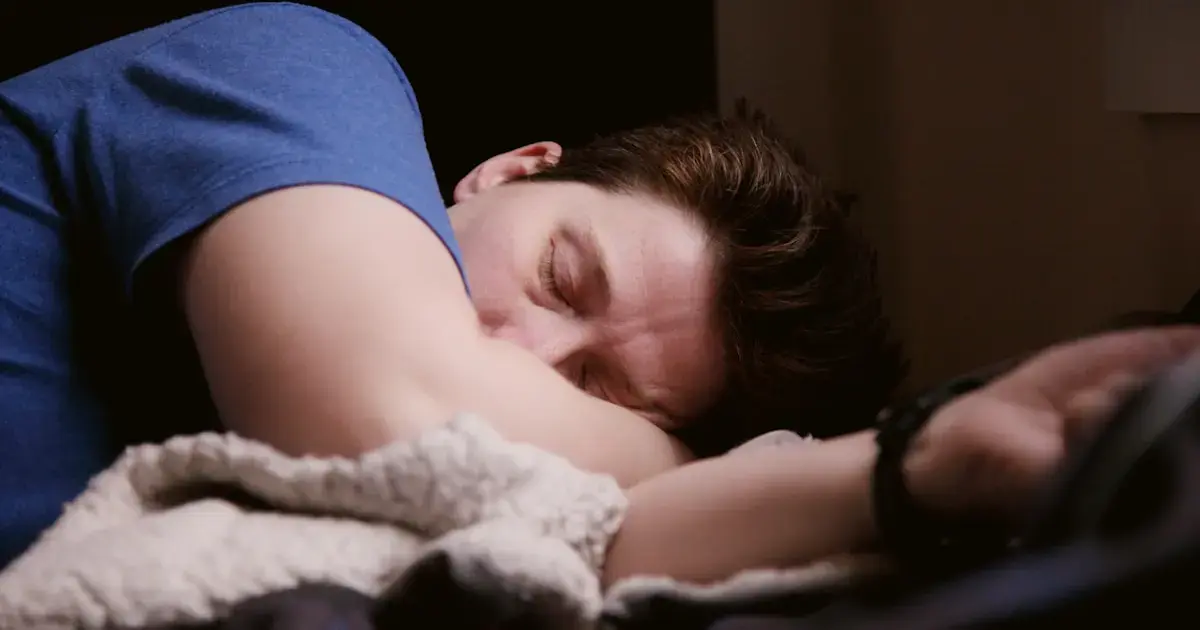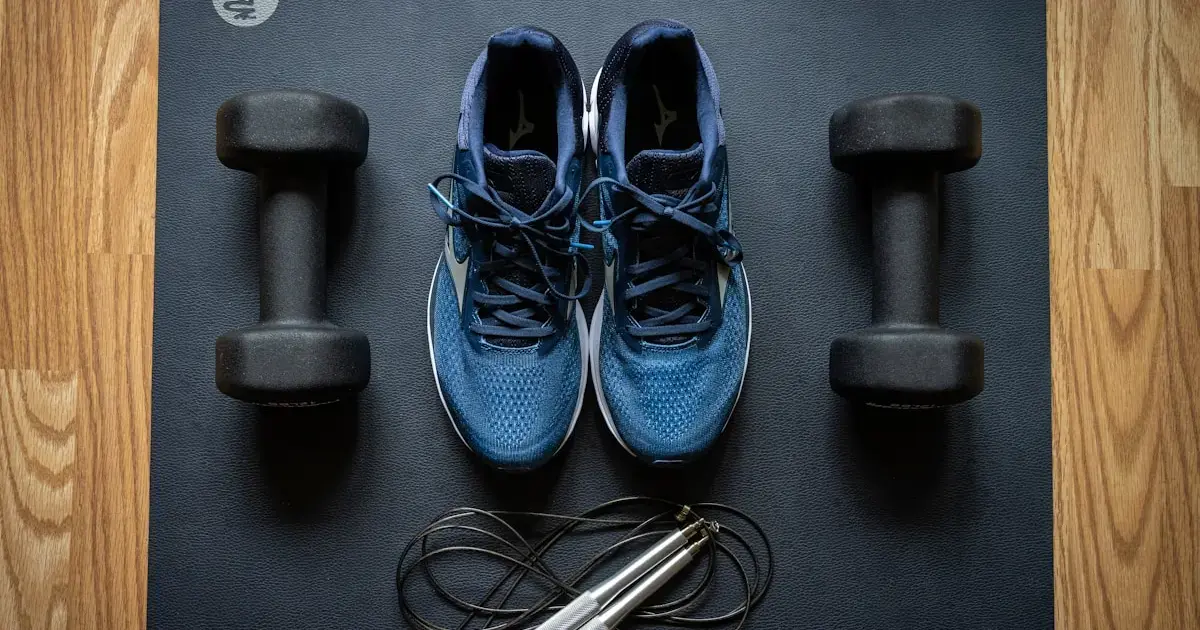 There are countless myths about . Here are four of the most common ones that researchers have debunked.
There are countless myths about . Here are four of the most common ones that researchers have debunked.
Myth 1: Exercising at night harms sleep quality
Some people believe that you shouldn’t right before bed if you want a good night’s sleep. The reasoning seems to be that an increased heart rate can make it harder to fall asleep.
However, scientific studies do not support this claim. A team led by Dr. Rebecca Robbins from the Langone Health Center at New York University published an article in Sleep Health, a journal of the National Sleep Foundation, that debunks common sleep myths.
Researchers assert that there is no evidence to suggest a necessary time gap between workouts and sleep.
“According to survey results from American adults, nighttime exercise is not associated with sleep disturbances for most people. Other experimental data have shown no deterioration in sleep after intense nighttime workouts,” the scientists noted. So, feel free to work out in the evening if that suits you.

Myth 2: Alcohol helps you fall asleep and sleep well
Are you convinced that a little alcohol before bed helps you drift off? Even if that’s true, the alcohol you consume will likely disrupt your rest throughout the night, according to sleep specialist Nancy Foldvary-Schaefer from the Cleveland Clinic.
“Alcohol entering the body causes fragmentation of the sleep process. This means the brain wakes up briefly and interrupts the sleep cycle. Each subsequent awakening returns you to light sleep and reduces the duration of rapid eye movement (REM) sleep,” the scientist explained.
Rebecca Robbins and her colleagues reached the same conclusion. “The scientific literature on sleep and indicates that consuming alcohol shortly before sleep reduces the time it takes to fall asleep, but later, in the second half of the night, it disrupts the sleep process. Studies have shown that overall, alcohol negatively impacts sleep by delaying the onset of REM sleep,” the team wrote in their article.
Of course, you can enjoy a drink before bed, but it won’t necessarily improve your sleep.

Myth 3: Remembering dreams means you slept poorly or well
Here we encounter two conflicting myths. Some people insist that remembering dreams indicates poor sleep. The logic is that occurs during REM sleep, and recalling a dream means that the REM phase was disrupted. Meanwhile, others argue that remembering dreams is a sign of deep sleep, intuitively suggesting that in this case, a person experienced plenty of REM sleep.
Both versions sound somewhat logical, but there is no scientific evidence for either. The truth is, you can remember dreams because you had a lot of REM sleep or because your REM sleep was interrupted. Overall, according to Dr. Robbins, this is a complex issue for sleep researchers: “Dream recall in sleep studies can be conducted using dream diaries, as well as waking participants from REM sleep, when most dreaming occurs.”
Remembering dreams can be a sign of both good and poor nighttime rest. There is no data to suggest that it reflects sleep quality, as reported by Popular Science.

Myth 4: People swallow spiders while sleeping
It’s unclear where this myth originated, but it’s quite popular online. According to this myth, each of us swallows an average of five in our sleep each year. Supposedly, in search of a warm place, spiders crawl into a sleeping person’s mouth, and they swallow them without realizing it.
According to the National Sleep Foundation, there is no documented evidence that this is a common occurrence that happens regularly.
Moreover, most people sleep with their mouths closed. Spiders also tend to keep their distance from us. Plus, we usually sense when an insect is crawling on our body—even in our sleep. So, swallowing a spider is quite difficult. Sleep soundly with this thought in mind.
Photo: Openverse, Unsplash
